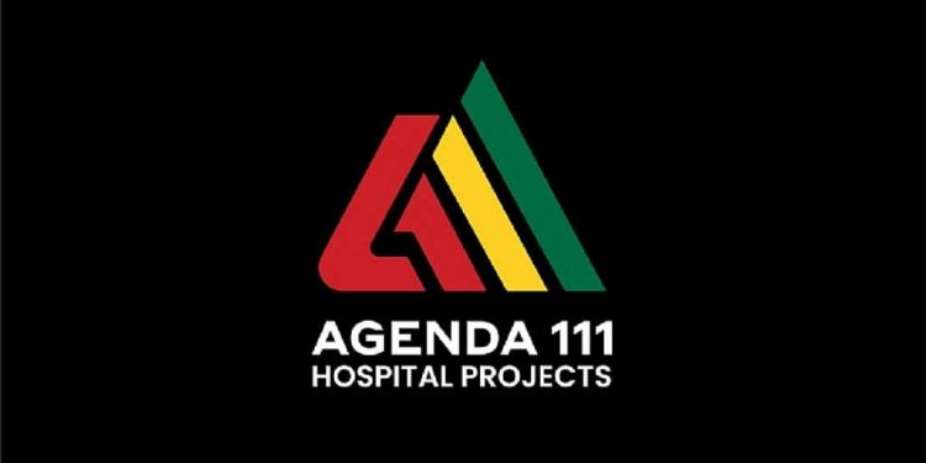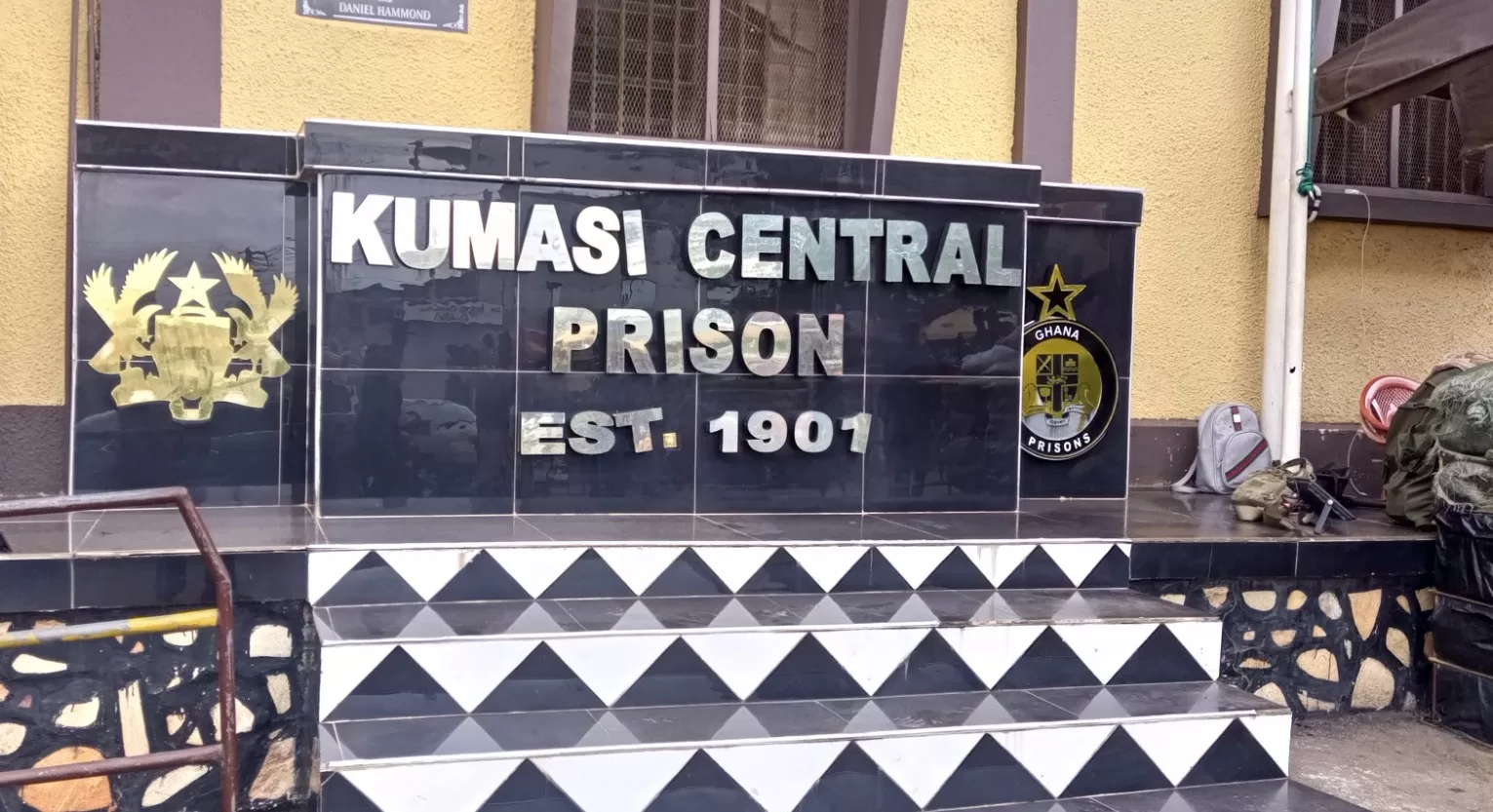Last week, the government of Ghana, led by President Akufo-Addo, cut sod for the commencement of the construction of 111 district, regional and specialized hospitals across the country within the next 18 months. As has become typical of the present government, the initiative was well packaged, from a public relations perspective, and dubbed "Agenda 111" with corresponding logo and printed paraphernalia such as shirts. The sod cutting event was well attended and the occasion was greeted with ecstasy and praise from a section of Ghanaians. Equally huge is the many others who due to the countless unfulfilled promises by the same government were either unamused or despondent about the possibility of those facilities ever seeing the light of day. These people quickly make reference to the fact that even the Agenda 111 is a failed promise of last year that initially targeted 88 hospitals and is now only rebranded in a rather surprising manner that resulted in an increased quantity.
Soon thereafter, some details started emerging. Of particular interest is the procurement procedure adopted in selecting architect and consultants for the project. Many professionals in the field vigorously asserted that it smacks of corruption as the Public Procurement Act 663 Section 40 was deemed to have been violated. This is not the basis of the present write-up except to state that it has added to the many instances of failed promises of a government that came to power on the promise of doggedly guarding against sole source procurement because that's perhaps the greatest avenue for corruption in project development and management.
According to the Ghana Health Service, District hospitals serve as referral facilities for lower health facilities throughout the country. So districts without such facilities will have to depend on neighbouring districts. It's, therefore, an excellent initiative to scale up these numbers with the yet-to-be constructed facilities across the country.
A major issue that comes to the fore with Agenda 111 is the training of healthcare workers including medical doctors, dentists, pharmacists, physician assistants and nurses who will run these facilities. According to the Medical and Dental Council, Ghana, there are about 8957 medical and dental practitioners in the country. Another data from the Ghana Health Service, a few years ago, put the number of medical doctors, nationwide, at 3263. Given the estimated population of 30 million, these have severally been reported as inadequate. Certainly, this calls for the training of more of these professionals.
Medical schools in the country, annually, produce about 700 medical doctors, collectively. There's also a few number of foreign-trained medics who join the service each year. If the current number of medics is inadequate for the few available health facilities, it is apparent that constructing more health facilities will require the training of more medical doctors.
Any worthy initiative needs to take into consideration relevant auxiliary matters that have bearings on the intended programme. It is from this perspective that steps need to be taken to plan for the training of medics who will run the Agenda 111 hospitals. We need to increase the enrolment at our medical schools so as to be able to churn out corresponding numbers to man the yet-to-be constructed facilities. Additionally, training facilities need to be enhanced at our medical schools to accommodate the intended increased numbers. Even if we were playing the ostrich, the COVID-19 pandemic has succinctly reveal our inadequacies in almost all sectors of our national life, education not excluded, hence, we need to improve upon the availability and use of technology-assisted facilities in our medical schools.
Closely associated with the training of doctors is the welfare of their teachers; the condition of service of the faculty who train these doctors is of critical importance. Currently, the issue of poor condition of service of university teachers which culminated in an almost 21 days industrial action is a topical issue in the country. Lecturers need to be compensated for the amount of work they do. We cannot expect to produce the workforce of these yet-to-be constructed facilities when our welfare is neglected. After all, equal work for equal pay. Additionally, more lecturers ought to be recruited as the current lecturer to students ratios in our universities is highly unacceptable. At both preclinical and clinical cycles, lecturers are overwhelmed with the quantum of work they have to put in on a daily basis. Therefore, for a holistic impact of Agenda 111, the government needs to urgently attend to the conditions of service of lecturers including, medical school lecturers, who put in enormous effort to get the highly qualified professionals the country always boasts of. Lecturers, and for that matter our universities, should not become the butt of jokes as currently being portrayed in the case of the Zimbabwean lecturer who, few days ago, rejected an appointment to join the KNUST faculty on grounds that the salary he has been offered is highly inadequate (when compared with his home country and of course, all economic indicators duly taken notice of).
It is my fervent hope that Agenda 111 and all its associated facilities should succeed. However, given the track record of failed promises of the promiser, I can only hope with moderation and circumspection.
Author at: [email protected]





 Let’s regularise offices of First and Second Ladies – Martin Kpebu
Let’s regularise offices of First and Second Ladies – Martin Kpebu
 GRA-SML deal: KPMG’s selection an illegality, unprofessional behaviour – Domelev...
GRA-SML deal: KPMG’s selection an illegality, unprofessional behaviour – Domelev...
 Prof Jane Naana can’t point to any notable achievement – Eric Twum
Prof Jane Naana can’t point to any notable achievement – Eric Twum
 Pointing out the ills of NPP government not enough; tell us what you can do — Mi...
Pointing out the ills of NPP government not enough; tell us what you can do — Mi...
 April 27: Cedi sells at GHS13.78 to $1, GHS13.18 on BoG interbank
April 27: Cedi sells at GHS13.78 to $1, GHS13.18 on BoG interbank
 Worry about the furniture problem in basic schools; not how to paint schools in ...
Worry about the furniture problem in basic schools; not how to paint schools in ...
 Ramaphosa lauds ANC record as S.Africa celebrates democracy
Ramaphosa lauds ANC record as S.Africa celebrates democracy
 Ghana needs new counter-terrorism Act to tackle radicalised youth – CISA
Ghana needs new counter-terrorism Act to tackle radicalised youth – CISA
 Kumasi Central Prison triple its capacity to 1800 inmates
Kumasi Central Prison triple its capacity to 1800 inmates
 By-election: Ejisu is destined for NPP – Ahiagbah
By-election: Ejisu is destined for NPP – Ahiagbah
